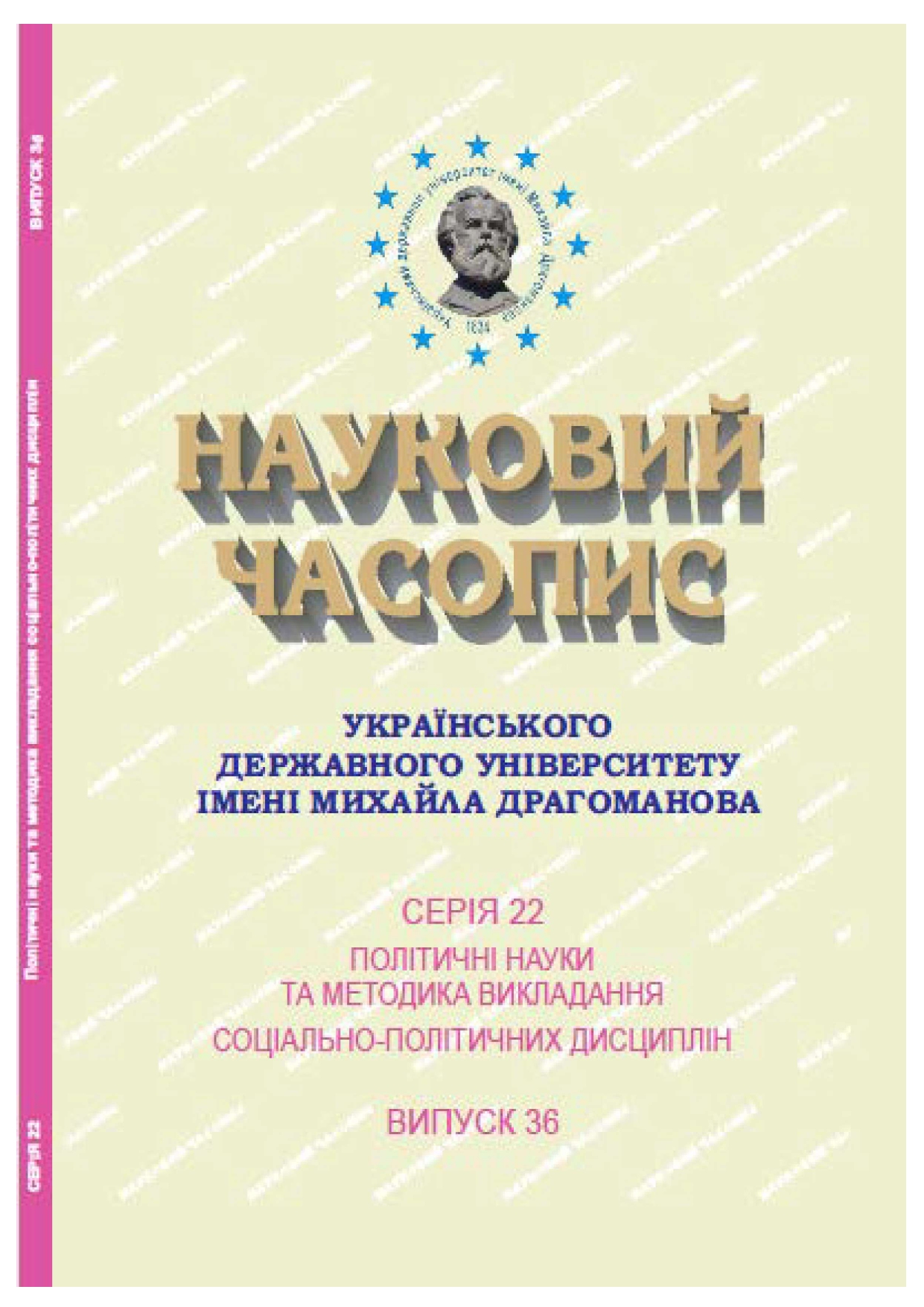Historical and Ethnopolitical Dimensions of Transformation of International Security
DOI:
https://doi.org/10.31392/UDU-nc.series22.2024.36.06Keywords:
international security, ethnic conflicts, globalization, ethnopolitics.Abstract
The article is dedicated to analyzing changes in the concept of international security after the Cold War, with a particular focus on the role of ethnopolitics in contemporary international crises. Following the end of the Cold War, international security underwent significant transformations; however, new threats, particularly ethnopolitical conflicts, emerged as some of the main challenges to global stability. Ethnic nationalism, separatism, and cultural factors have increasingly become causes of internal conflicts, which may escalate into international crises requiring the attention of international organizations and states. One of the key aspects of the article is the relationship between ethnopolitical conflicts and international security, where ethnic groups often remain a factor not only of national but also of global instability. These conflicts rarely stay confined to national borders, often receiving support or triggering external intervention. External actors, seeking to secure their political and economic interests, may support specific ethnic or national movements, thereby intensifying the escalation of conflicts. The article also examines the role of international organizations in resolving ethnopolitical crises. However, such organizations face challenges when addressing conflicts where ethnic issues are central. The article further discusses the role of external intervention in ethnopolitical conflicts, analyzing how humanitarian operations, peacekeeping missions, or military interventions can have both positive and negative consequences. Particular attention is given to the analysis of the phenomenon of "ethnic security" in the context of globalization, where interethnic tensions may be exacerbated by economic and social factors. The article also explores examples of conflicts arising from global changes, which may trigger new ethnopolitical crises. The author emphasizes the importance of revisiting the concept of international security in light of the growing role of ethnic factors, which significantly impact global stability. Taking ethnopolitical aspects into account in international policy will help more effectively respond to crisis situations and ensure long-term stability.

